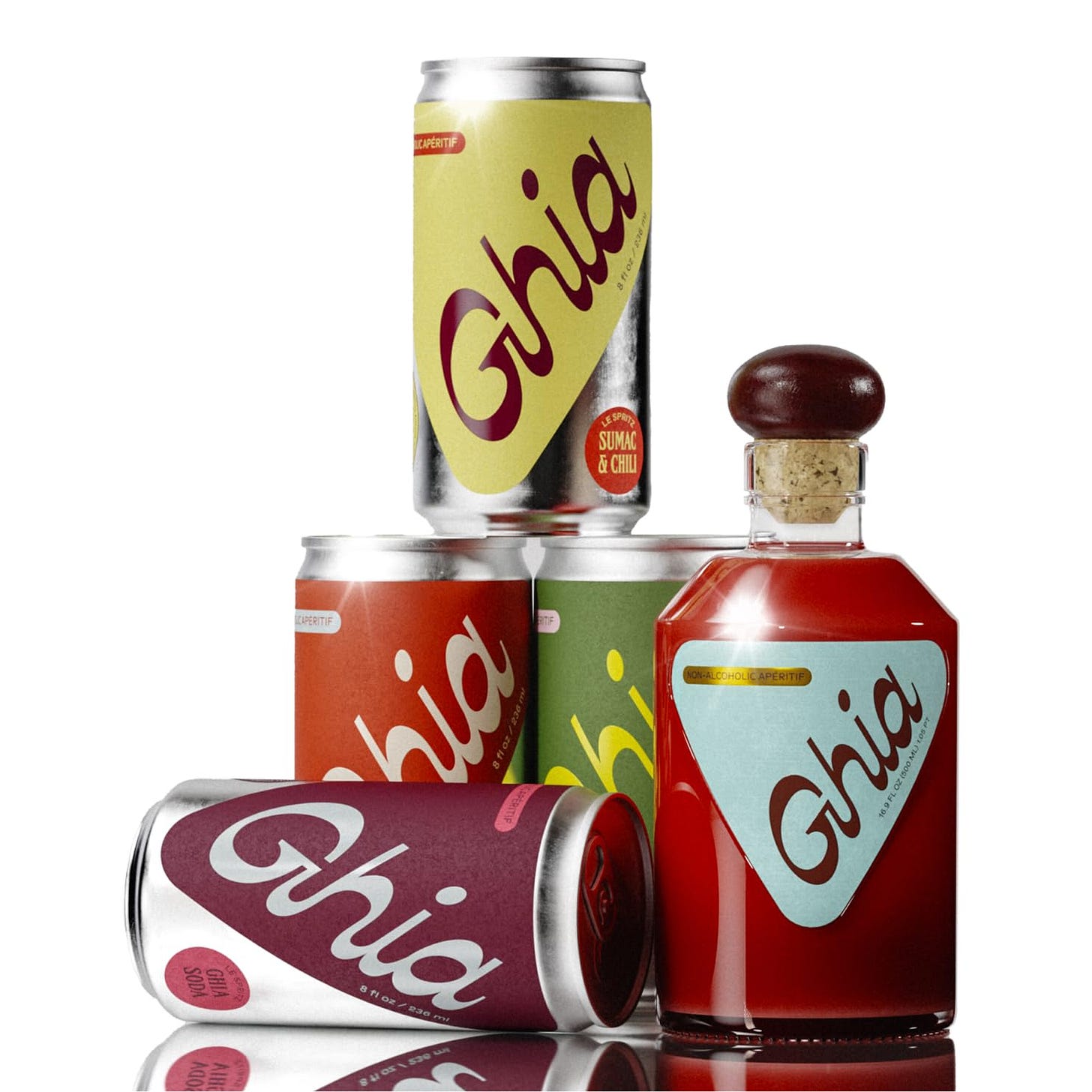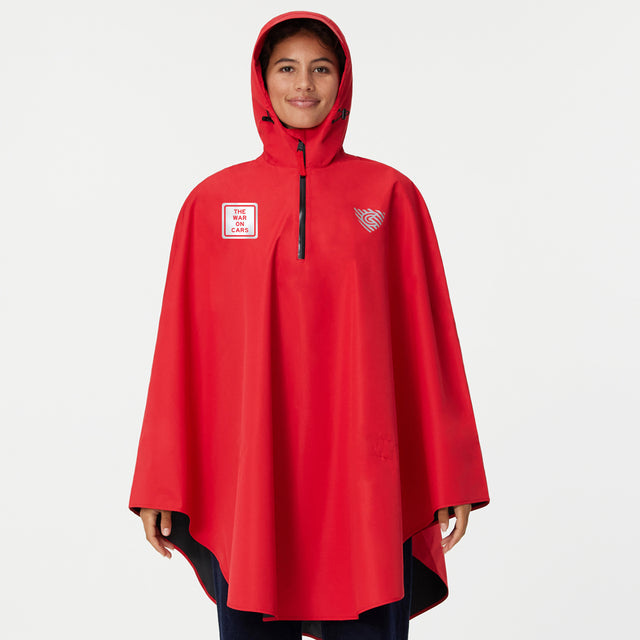Happy new year and welcome back to Naming Briefs, where I, Nancy Friedman, scrutinize and analyze interesting or new-to-me corporate or product names. This is the thirteenth installment of Naming Briefs; here’s Naming Briefs #12, which includes links to previous installments. Here’s some background on the series.
If you’re new to Fritinancy, or getting reacquainted, here’s a quick FAQ:
I’m a professional name developer. I create names and taglines and other elements of verbal branding for companies and organizations. I’ve also been a journalist (mostly feature stories as opposed to breaking news), an editor, and a copywriter.
This newsletter is mostly about names, brands, and the language of commerce: ads, packaging, web copy.
My perch on Clarity.fm, where I dispense feedback on your name-development process. I don’t create names there, I just pass judgment. Nicely.
More (free!) naming advice on my old blog (all the way back to 2006).
“Fritinancy” is my nom d’internet. It’s an old word that means “the chirping of crickets.”
If you’ve received this newsletter in your inbox, I recommend clicking on the headline to view it in your browser. Also useful: the Substack app.
Once you’ve escaped email, click the little heart symbol to let me know you liked what you read. It’s meaningful to me, costs you nothing, and apparently it appeases the algorithm gods, too.
Please don’t hit “reply” to the emailed newsletter. It’s a long story. Just don’t do it please and thank you.
If you can’t overcome an urge to reply to me, the address is nancyf (at) wordworking dot com. Or leave a comment here!
Now let’s look at some brand names!
Ghia.
I’d been interested in this nonalcoholic apéritif brand for a while, so when
announced she’d be featuring a Q&A with GHIA founder Mélanie Masarin on her Feed Me newsletter, I jumped in with a question.“I'm a name developer (products, companies, etc.) who researches and writes about brand names. I'm curious about the story behind the GHIA name. Any inspiration from VW's Karmann Ghia (which was named after its founder, Giacinto Ghia)?” - Nancy
Mélanie’s response:
We wanted a name that people could say in a bunch of different languages and that spoke to craftsmanship. I always loved the Karmann Ghia because it was a car that was very beautiful and approachable since it was a Volkswagen. Giacinto “Gio” Ghia designed it, and there are two Giovanni’s [sic] in my family. When we said the name Ghia (in a meeting with Willo Perron and Brian Roettinger, who actually brought it up for me) I instantly knew it was the name. Saying Ghia sounds happy which is exactly what I wanted — our drink is an invitation to celebrate.
Hmm. A bit of a disappointment, no? The name is borrowed; the concept of “craftsmanship” is borrowed. (Apparently “authenticity” was not in the naming brief.1 ) It’s unclear how much localization (language/cultural testing) was done; “Ghia” may sound “happy” to a native French speaker like Mélanie, but it’s likely to be neutral at best to Anglophones, for whom its pronunciation is not transparent: the /gh/ blend is rarely pronounced /g/ in English. I’ve heard Americans saying “Karmann JEE-uh.”
If Mélanie wanted to honor the Giovannis in her family, why didn’t she consider GIO — shorter, easier, more original, more authentic, and more fun? Gee! Oh!
I do like the script font in the wordmark. And “All of the spirit. None of the booze” is a good tagline.
Cleverhood.
The apparel brand CLEVERHOOD sponsored the January 7 episode of the War on Cars podcast, which featured menswear critic Derek Guy.2 The War on Cars covers “the epic, hundred years’ war between The Car and The City,” which makes the sponsorship a neat fit: Cleverhood specializes in “high-quality gear for a more sustainable lifestyle” that involves walking and cycling.
Like this rain-resistant poncho/cape with a War on Cars logo.
How clever is CLEVERHOOD? I haven’t sampled the merch, but I immediately thought of two ways in which the name could be interpreted. It turns out the double meaning is intentional.
From the About Us page:
Clever-hood - n. – 1. a neighborly community fostered by safe streets and bike rides 2. an ingenious garment offering all-weather style and performance
I am not a fan of faux dictionary-isms like this one,3 but I’m OK with this particular wordplay, two features of which stand out for me:
Both types of hood, the noun and the suffix, go back many centuries. Old English had hod for “a soft covering for the head,” and -had for “condition, state” (childhood, priesthood, manhood). The two hoods aren’t related, but because they were pronounced similarly they were eventually spelled identically.
Clever is newer (thirteenth century). It originally meant “adroit” or “nimble” and came to have slightly different senses in British and American English. As Ben Yagoda notes in Gobsmacked!: The British Invasion of American English, “clever” usually means “intelligent” in BrE, while in America it means “a certain kind of intelligence”: ingenious, quick, resourceful, artful. Ben writes: “A clever American person doesn’t necessarily have a high IQ but can solve a puzzle or a mystery or can trick you into doing something you don’t want to.”
CLEVERHOOD is a constructed new word, but it’s made from recognizable parts. That makes it accessible, likable, and memorable. The brand does a nice job with supporting copy, too — URBANAUT is a good product name — but could benefit from copyediting consistency: They have “Change your forecast with Cleverhood” and “Essential Gear for City Living” — settle on one capitalization style, please.
One more quibble: I’d like to see more about the cleverness of the hoods, which are fully adjustable, sewn from three panels — the better to fit around one’s head, I imagine — and constructed with a bill that acts as a rainshield. The information is there; it’s just buried. Bring it out from under wraps!
Was there a naming brief? I doubt it. Sigh.
You may know Derek Guy by his social-media handle, @dieworkwear. Follow him; he’s terrific.
See my 2013 complaint, “Branding by Definition.”







Although I am sympathetic to the notions behind the struggle between "The Car and The City", caps notwithstanding, I would never, not ever wear gear that said "The War on Cars". ffs.
Speaking of hood design, as we weren't, I find myself irked by the bills on rain hoods if those bills come down too far over my face. (My Eddie Bauer anorak, an admirably functional product, suffers from this issue.)
Been a fan of your work back when I was reading your posts thru Google Reader (RIP)! Delighted to see your question on Feed Me, wonder “Hm, a naming expert named Nancy? Could it be??” and find you posting on Substack! Following you here now :)